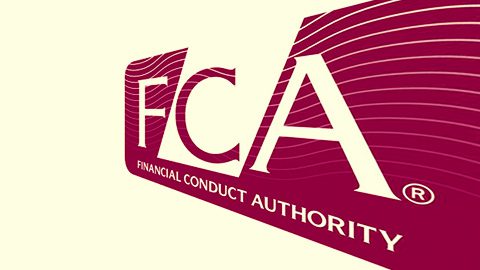The UK’s Financial Conduct Authority (FCA) has intensified its offensive against financial fraud by shutting down over 1,600 illegal and scam-related websites in the past year. As Finextra reports, this crackdown is part of a broader strategy to tackle the growing digital threat landscape — particularly in investment scams and unauthorized financial promotions.
This decisive action reflects regulatory frustration with the scale, speed, and sophistication of online financial crime, and signals a shift toward more proactive, enforcement-led regulation.
The Scope of the Problem
The FCA’s intervention follows a record spike in fraud:
- Over £2 billion lost to financial fraud in the UK in 2023
- Thousands of unauthorized investment firms and clone websites targeting consumers
- A growing number of fake “adverts” on social media, often linked to crypto schemes, Ponzi-style investments, or imposter brands
Many of these websites leverage digital advertising, false endorsements, and cloned branding to exploit consumer trust — making it increasingly difficult to distinguish legitimate financial services from fraud.
FCA’s Strategy: From Monitoring to Eradication
The FCA has historically relied on warning lists and consumer education. But these tools have proven insufficient against rapidly multiplying fraud vectors.
Instead, the agency has begun:
- Collaborating with domain registrars and internet service providers to delist sites
- Using AI tools and external partnerships to scan for fraudulent domains
- Targeting advertising platforms that enable these scams to scale
This is not just about public protection — it’s about protecting the integrity of the UK financial system in a time of rising digital vulnerability.
Why This Matters for the Fintech Industry
Legitimate fintechs should view this crackdown as supportive, not adversarial. Here’s why:
- Public confidence in digital finance is a shared asset
- The more scams proliferate, the harder it becomes for regulated players to build trust
- A clearer, better-enforced perimeter improves long-term credibility of open finance
In fact, many regulated firms have called for stricter policing of fraudsters who abuse tech platforms and regulatory grey zones.
The Global Context: A Precedent for Other Regulators?
The FCA’s aggressive stance could serve as a blueprint for regulators in other jurisdictions. As financial services move increasingly online, the distinction between financial supervision and digital platform governance is fading.
Other markets — particularly in the EU, Singapore, and Australia — are also exploring:
- Obligations for platforms to vet financial advertisers
- Real-time content removal for scam-related activity
- Legal liability for tech platforms hosting fraudulent ads
This signals a new era where regulators are not just supervising firms — they’re curating the digital ecosystem in which finance occurs.




